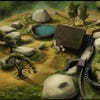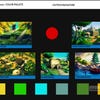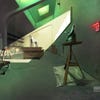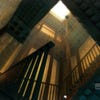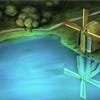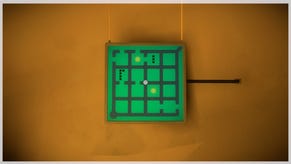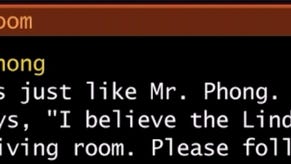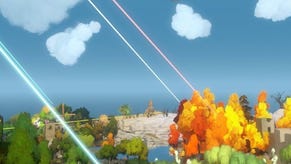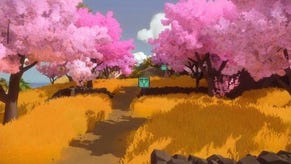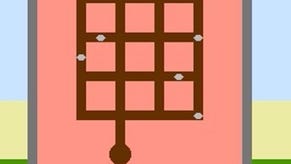Console port of The Witness "not worth it"
Plus, Braid developer critiques Portal 2.
Porting forthcoming indie puzzler The Witness from PC to consoles isn't worth the effort at present, according to Braid creator Jonathan Blow.
Speaking in an interview with Edge, Blow explained that his new game is pacing ahead of current console tech.
"We like 360 and PS3, but their specifications are over five years old now, and that's a lot in computer years," he said.
"The kind of tricks we'd have to perform to get this game working on those platforms are such a lot of work that to port it over at this point is just not worth it for us."
He didn't specify whether he was referring to the viability of a potential full disc release or a PSN/Xbox Live Arcade download.
Blow added that he believes the game can make back its budget through Steam and iOS alone.
"The budget of this game we would hope to make back through Steam and iOS, plus I would like to make a profit. But breaking even is most important as it allows me to keep making games, and I can do that without consoles. Maybe this time next year I'll be singing a different tune because I found out I was wrong, but I don't think so.
"By the time this game comes out in a year or more, we might be on an iPad 4. We do have to compress the game for that platform, but we don't have to do the certification stuff we would have to on consoles, so we can live with doing just one of those giant tasks. And I like this as an iPad game. It's a natural thing. But we'll see how that plays out."
Elsewhere in the lengthy Q&A, Blow also took the time to offer his opinion on Valve's recent take on the arty puzzler sub-genre, Portal 2.
"Part of the way Portal 2 ended up seemed to be due to what happens when you have a group of game designers that make games like Half-Life 2, which are quite heavily linear, and then put them on this other game. They're naturally thinking of things in terms of this linearity.
"However, to me, a game about portals should be inherently non-linear. If you don't make a non-portal surface at all, it means I can go from any place in the world to any other place. What would it mean to design a game around that? It might be a much harder design problem, but to me that's the excitement.
"I couldn't help feeling, playing the game, that they're fighting the portals all the time. At least a third of the game had mostly non-portal stuff in, and I'm thinking why do I have portals now? How is this different from having a zipline?"
He went on to distinguish his new game from Valve's, insisting The Witness is "more of an art game" whereas Portal is an "entertainment product".
"Valve very deliberately focus tests its games, and see how people react to situations, and refine the game to that. When you start to do that to a puzzle game you start to get rid of the puzzles," he suggested.
"Because Portal has a linear structure, you need to end up with things that people are expected to solve. That's different to an anything-can-happen environment.
"I'm trying to provide opportunities for experience, whereas Valve is looking for the optimal experience for you to have. And that's fine - very valid and legitimate. But if every game becomes that, then we're missing something. When you give people freedom, you're giving them the freedom to have a bad experience as well as a good one. But it's the kind of experience that's not possible without freedom."
The Witness is still without a firm release date. Blow recently said it had a 50/50 chance of being out before the end of 2012.


